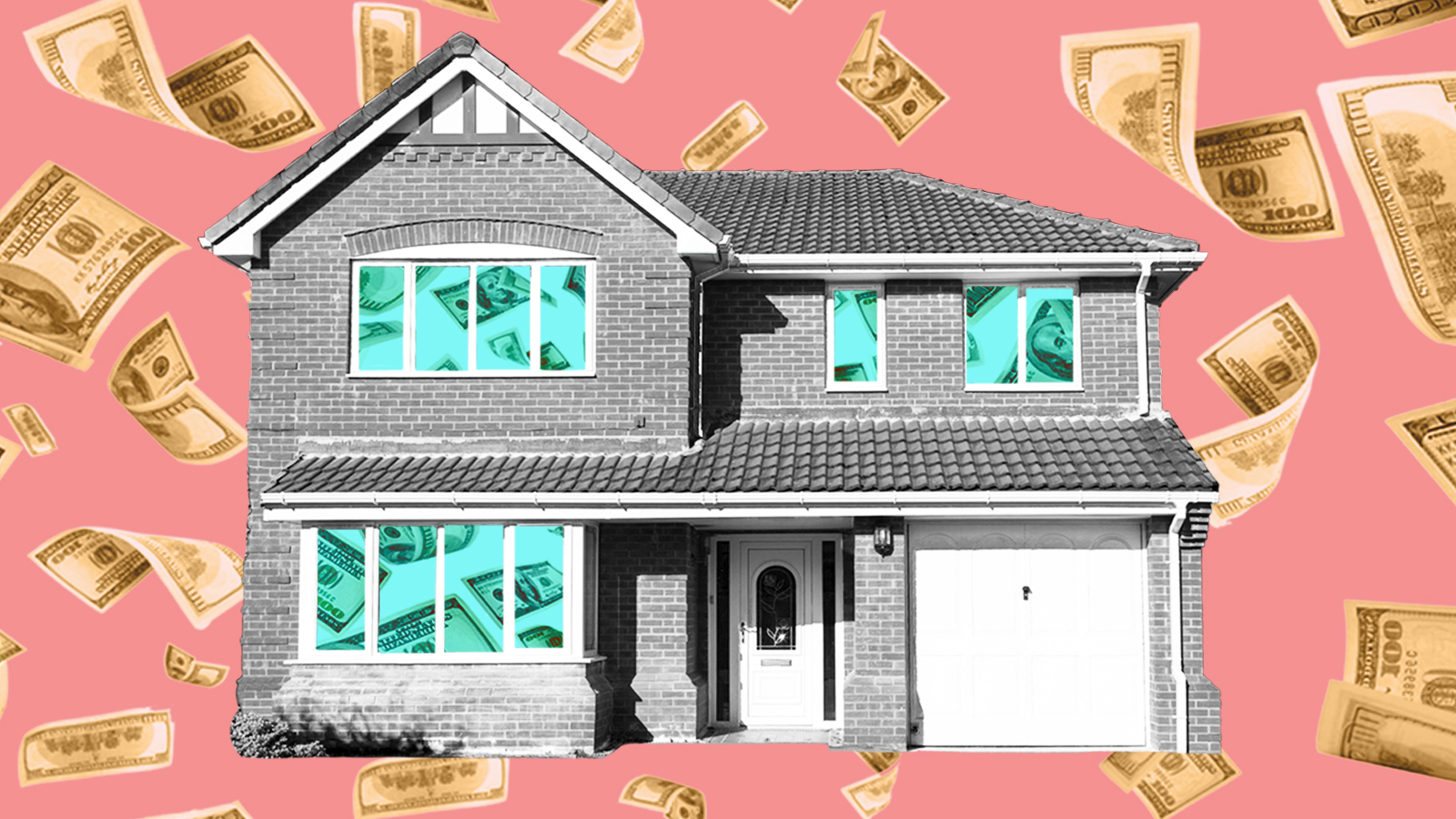
During a gloomy winter in a French capital subdued by the COVID-19 pandemic and missing its usual throngs of visitors, 30 Parisians logged on to a videoconferencing platform over 10 sessions to discuss a once contentious issue: short-term lets.
Nearly six months before France would reopen to international tourists, the Citizens Conference on Furnished Tourism Accommodation had gathered to hear a range of perspectives and make a recommendation on one difficult question: to improve access to housing, should regulations on furnished tourism accommodation be stricter? And if so, how?
Mayor Anne Hidalgo called the public meeting because her administration had highlighted the growth in short-term lets as a culprit in the city’s housing crunch. “Paris has been confronted for several years now with the frenetic development of these tourist rentals,” said deputy mayor for housing Ian Brossat, speaking to Le Figaro in 2019. “This development has come at the detriment of housing, that is to say we’ve seen housing turned into clandestine hotels.”
French law limits the power of local governments to regulate short-term let platforms like Airbnb, Vrbo, HomeAway, and Flipkey. However, listings on Airbnb, by far the world’s most popular short-term let platform, had dropped by nearly 25% in Paris year-on-year from February 2020 to February 2021. Hidalgo hoped to seize on this pandemic pause in tourism activity to further restrict the number of days that a property owner can rent their flat on a short-term basis, from 120 to 30 days each year.
The citizens assembly weighed the concerns of Montmartre residents who felt their picturesque neighbourhood was overrun with tourists pre-pandemic against the pleas of the Paris Airbnb Hosts Club who argued that property owners should have the right to earn revenue from their primary residence for up to four months a year. In the end, the group recommended keeping the 120-day limit.
These debates have been playing out in cities across a world that experienced a rapid rise in short-term lets during the 2010s, followed by a severe crash during the COVID-19 pandemic and an uncertain future as travel and tourism make an unsteady return. Tourism dollars are sorely missed where local authorities are grappling with ailing municipal coffers, but the spectre of a worsening housing shortage looms large.
“Local governments need to find a middle ground between maintaining their cities’ attractiveness to visitors while tackling housing inequalities, protecting long-term residential uses and quality of life,” says University College of London’s professor Claire Colomb, lead author of a new study on European short-term lets published by the Property Research Trust (formerly the RICS Research Trust).
The report analysed 12 European cities and found that in 2019, professional landlords (defined as renting a property for more than 60 nights a year) commanded the lion’s share of Airbnb listings in several popular destinations like Prague, Lisbon, and Rome. In the latter two, over 80% of listings appeared to consist of professional landlords and in all four of these European destinations, some two-thirds of listings could be traced to hosts with multiple properties on the platform.
Such activity has led the hotel industry to cry foul, arguing that they are unfairly competing with illegal hotel rooms in what has effectively become a major hotel chain. Hotel appraiser Ayda Chamcham FRICS, calculated that in 2017 Airbnb was the second largest hotel operator in the world, with 1m rooms, behind only Marriott International’s 1.1m rooms. Chamcham has advised Canadian provincial governments on how to grapple with this new property use and ultimately recommended that property law and zoning codes adopt a new category.
“We cannot appraise the properties as either hotels or as residential,” she says. “Under existing appraising rules, these properties are a mix and we don’t know how to consider such a blurry distinction.” For example, an appraiser might assess the value of a house based solely on its residential occupancy, but that value could differ when factoring in its potential as a short-term let. As the UCL study shows, savvy investors have been snapping up Airbnb-friendly properties for years in jurisdictions with more lax rules.

Catching up has been a challenge for cities caught unawares by sophisticated technology platforms that have rapidly scaled up the number of short-term let listings before regulatory measures like licenses, taxes, and nightly limits have been put in place. Some cities have adopted a zone approach, like Montréal, which pushes short-term lets off quiet residential streets and onto arterial boulevards. Some cities have taken a tougher approach, with Barcelona becoming the first major city in Europe to ban private room short-term rentals altogether.
But local authorities struggle in countries where they do not have the power to regulate short-term let platforms. In Paris’s case, the city government has appealed to the EU to create European standards for short-term lets as part of the EU’s ongoing push for tighter oversight of foreign technology firms. While the Greater London Authority is permitted to regulate homeowners’ use of their property under the UK Deregulation Act of 2015, that same privilege is not extended to local authorities in the rest of the country, according to Colomb. Labour MP Karen Buck has been leading the charge in Parliament for a national registration scheme that would create consistent rules to address this gap.
Scotland has moved closer to such a scheme with proposed legislation working its way through parliament that would give local councils permission to establish short-term let control zones, something that Edinburgh officials have clamoured for. But rural landowners have warned that national one-size-fits-all rules will create burdensome restrictions on holiday rentals that do not create the same nuisance behaviour or housing market impacts as urban short-term lets.
This urban-rural divide has become increasingly apparent. Countryside listings, from beach towns to mountain getaways to farmland cottages, have surged over the last 18 months as holidaymakers and remote workers seek alternatives to larger metropolitan centres. Just as Paris has taken Airbnb to court, the French Association of Rural Mayors (AMRF) signed an agreement with the platform to list at least 15,000 new tourism accommodation options. For each new listing, the company will contribute €100 towards a rural tourism fund that will eventually total €1.5 million. The company has also sponsored a new training option, Rural Bootcamp, to help French landowners turn their gîte or farmhouse into a tourist-ready bed.
Adopting a sharply different tone from Parisian officials, AMRF president Michel Fournier welcomed the foreign tech platform with open arms. “We are glad to launch this new programme together with Airbnb, who we are convinced will contribute toward the creation of new long-term economic opportunities for our villages,” he said.
“Paris has been confronted for several years now with the frenetic development of tourist rentals” Ian Brossat, Paris’ deputy mayor for housing

